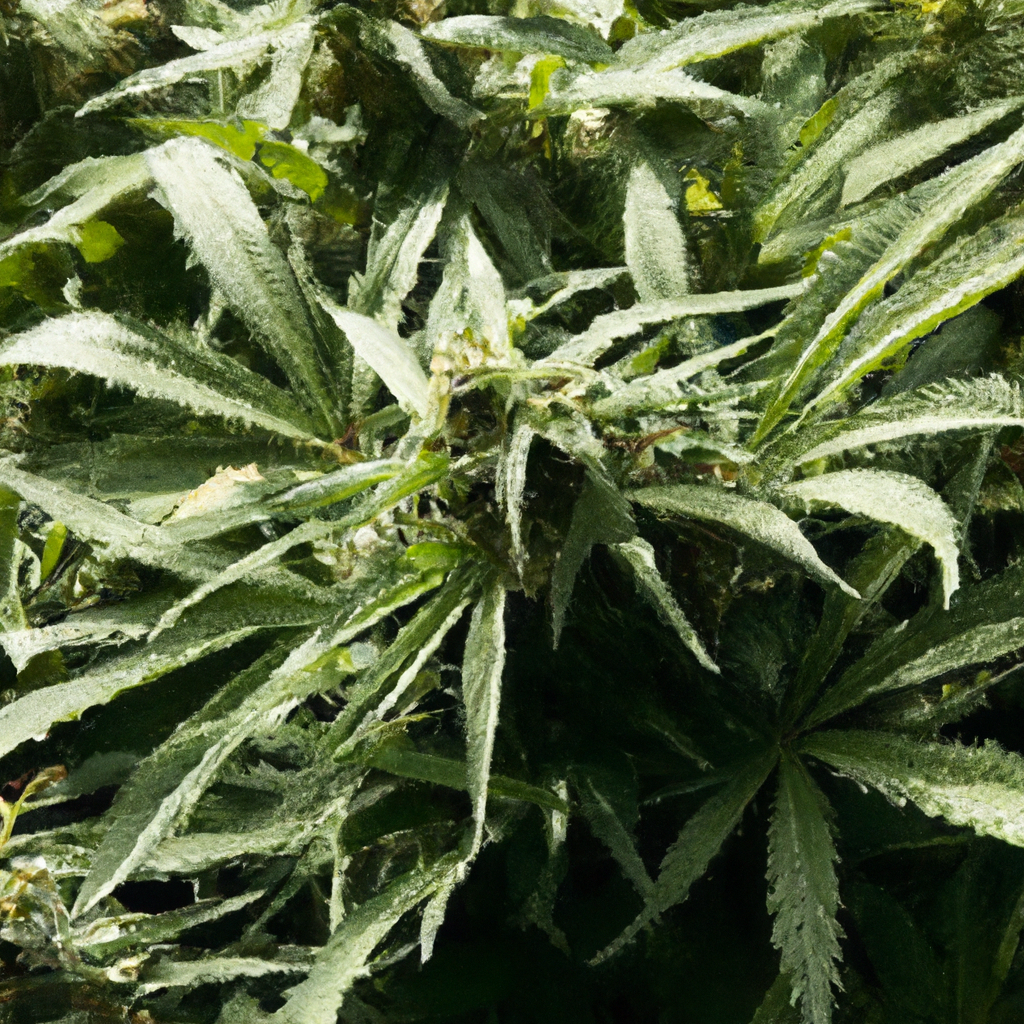Guided by the hands of Mother Nature, the path to sustainable cannabis cultivation isn’t solely rooted in growing practices. A pivotal aspect often overlooked is waste management. From discarded plant material to packaging, waste generated by cannabis operations can be a significant environmental burden. Let’s explore innovative strategies to address this.
Composting: Turning Waste Into Wealth
Composting is a robust approach that supports the primary tenets of sustainability by recycling organic waste into nutrient-rich soil. This transformation of cannabis plant waste into compost not only enhances soil quality but also reduces waste sent to landfills.
- Reduces methane emissions from landfills.
- Enriches soil with beneficial microbial activity.
- Provides a closed-loop system, closing the nutrient cycle naturally.
Bioplastic Packaging: A Greener Future
Packaging plays a crucial role in both storage efficiency and waste. Moving towards bioplastic solutions can drastically reduce environmental impact. Derived from plant-based materials, bioplastics are compostable and significantly decrease pollution.
- Decomposes more quickly than traditional plastics.
- Reduces dependency on fossil fuels.
- Decreases landfill waste and potential ocean contamination.
Upcycling: Beyond Reuse
Upcycling is the art of transforming cannabis waste into useful products, adding value where it’s least expected. From crafting gardening tools out of robust woody stems to creating textiles from fiber-rich plant materials, the opportunities are plentiful.
- Encourages creative solutions for waste reduction.
- Inspires eco-friendly businesses and products.
- Converts waste into profitable resources.
Innovative Case Study: Greenleaf Grows
John “Magic” Greenleaf, a veteran Colorado cultivator, exemplifies the successful implementation of sustainable waste practices. At Greenleaf Grows, cannabis waste is meticulously separated, composted, and utilized as organic amendments, reducing the operation’s carbon footprint while maximizing plant growth.
“By seeing waste as an opportunity, we’re fostering a healthier ecosystem. Every discarded leaf is a future resource,” John explains.
Conclusion
Sustainable cannabis cultivation is as much about reducing waste as it is about responsible growing. By adopting innovative solutions like composting, bioplastic packaging, and upcycling, growers can significantly diminish their environmental impact, ensuring that cannabis cultivation benefits the planet.
The future of cannabis is sustainable, and by integrating these waste management practices, we can cultivate not only healthier plants but a healthier world.
Tags: Sustainability, Sustainable Cultivation, Organic Cultivation, Environmental Control, Supply Chain Innovation


Leave a Reply